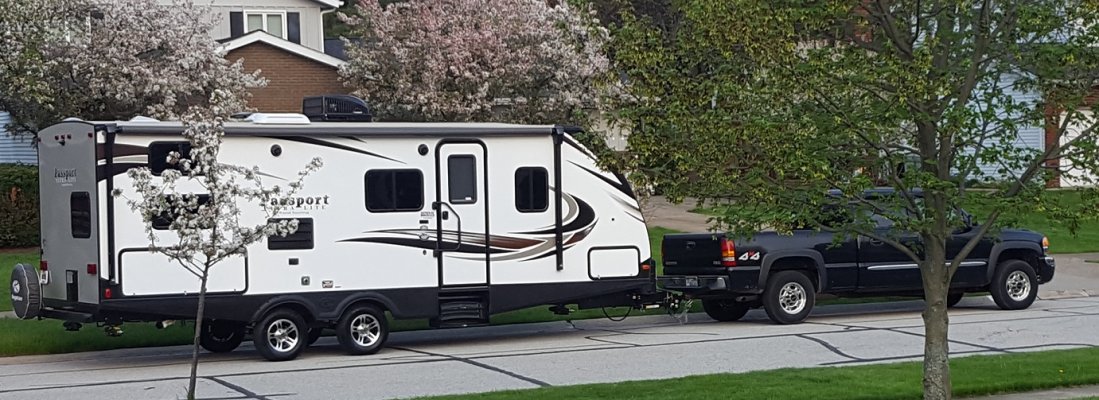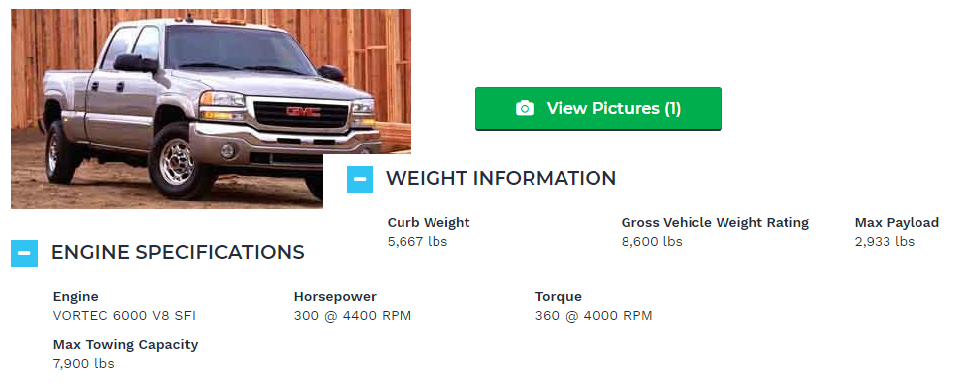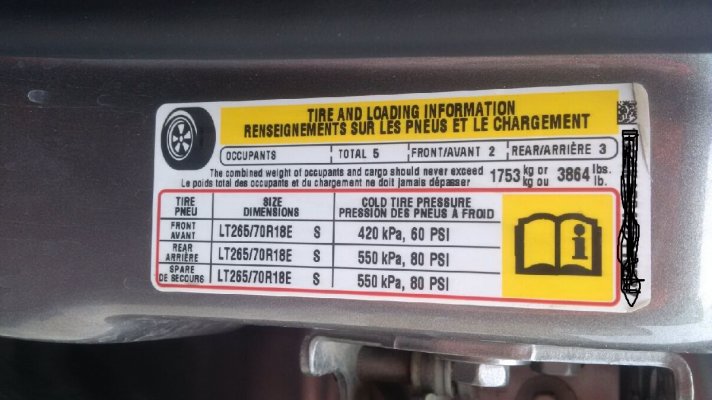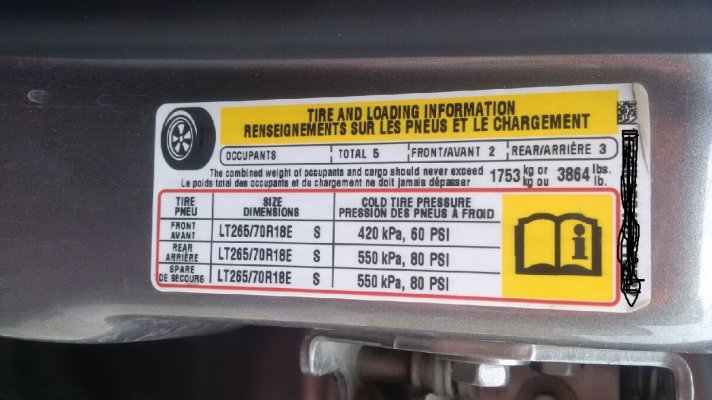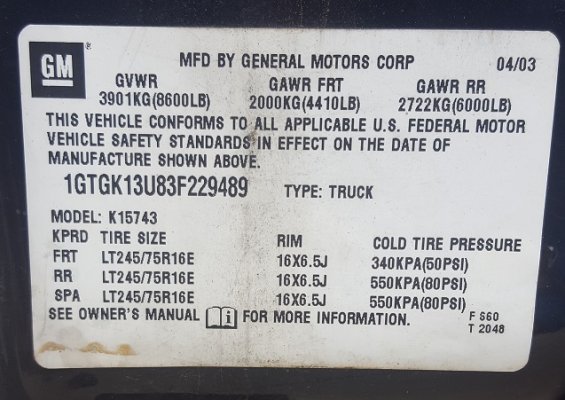Hi all, new to forum and RV travel travels. I guess I'm looking for some re-assurance that pulling this thing gets better!
While I have had experience pulling small boats, small TTs, and utility trailers(all under 20ft) , I found that pulling my 2018 passport 2400BH(27'10", ~ 4800 lbs dry) was a vastly difference experience. And one that frankly I didn't enjoy all that much. the 1st trip was about 60 miles(from dealership to home). Please, please tell me it gets better!.
I think the worse part was thinking "what could happen/go wrong" then anything that actually did. No sway from trailer, no one cutting me off, no e-braking, etc. I just was constantly on edge looking for something to happen. Every Semi that passed I was expecting it to push my trailer around(none ever did).
I suppose the worse "Actual" feeling was the bouncing and some feeling of movement of the hitch from a few very rough patches of highway.
Truck is a GMC 1500HD 6.0L Crew cab 4x4. 7900# tow, 8600 GVW, and payload of 2900#. I picked up an 8k equal-i-zer and a hopkins insight brake controller. With these numbers I'm certainly within the trucks stated capacities.
I stayed at under 60 and most of the time ~55. What speed do you usually drive at on open multi-lane hightways? Any other tips and tricks that you guys use besides the usual "top 10" towing tips that are all over the web? I don't want to have to take meds in prep for every camping trip this summer!
While I have had experience pulling small boats, small TTs, and utility trailers(all under 20ft) , I found that pulling my 2018 passport 2400BH(27'10", ~ 4800 lbs dry) was a vastly difference experience. And one that frankly I didn't enjoy all that much. the 1st trip was about 60 miles(from dealership to home). Please, please tell me it gets better!.
I think the worse part was thinking "what could happen/go wrong" then anything that actually did. No sway from trailer, no one cutting me off, no e-braking, etc. I just was constantly on edge looking for something to happen. Every Semi that passed I was expecting it to push my trailer around(none ever did).
I suppose the worse "Actual" feeling was the bouncing and some feeling of movement of the hitch from a few very rough patches of highway.
Truck is a GMC 1500HD 6.0L Crew cab 4x4. 7900# tow, 8600 GVW, and payload of 2900#. I picked up an 8k equal-i-zer and a hopkins insight brake controller. With these numbers I'm certainly within the trucks stated capacities.
I stayed at under 60 and most of the time ~55. What speed do you usually drive at on open multi-lane hightways? Any other tips and tricks that you guys use besides the usual "top 10" towing tips that are all over the web? I don't want to have to take meds in prep for every camping trip this summer!

